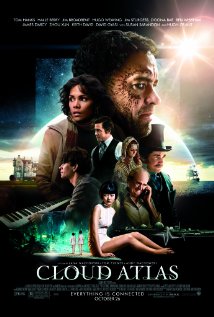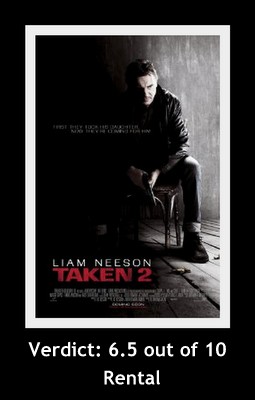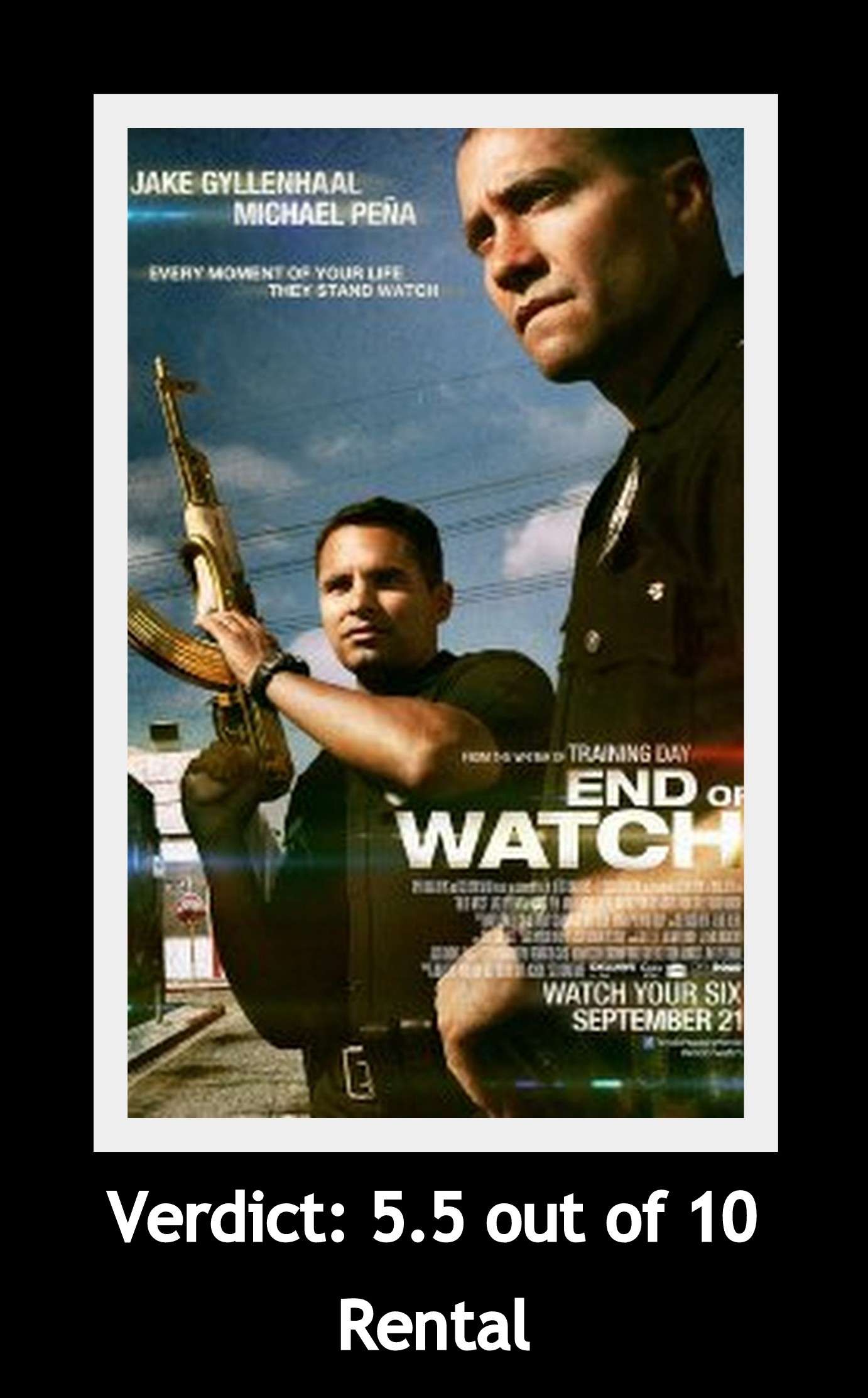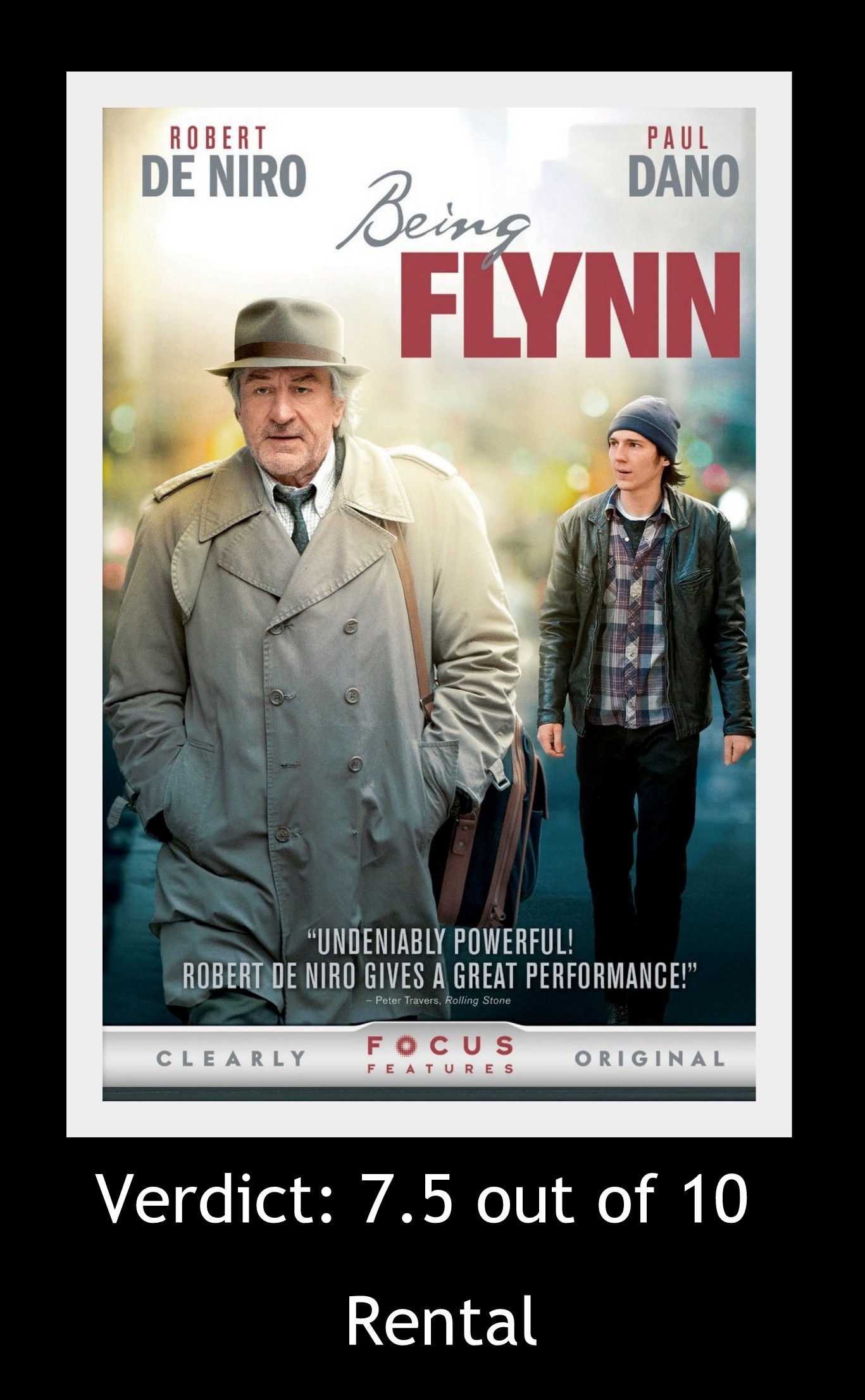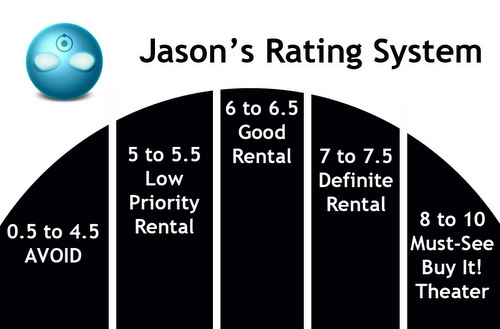 I know rating systems are dumb. But they’re an attempt to quantify some sort of standard of comparison by measuring a critic’s opinions with a sliding scale.
I know rating systems are dumb. But they’re an attempt to quantify some sort of standard of comparison by measuring a critic’s opinions with a sliding scale.
Perhaps every critic feels this way, but I am honestly proud of the way my film rating scores relate to one another. Naturally, I think my ratings are “accurate” in relation to one another and according to my own tastes, but I am not foolish enough to believe that something so subjective as my opinionated value judgment of a film’s quality has any universal relevance or application for anyone. And yet, here I am, taking my ratings and myself way too seriously…
So, that brings me back to acknowledging again that rating systems are dumb. But I don’t care. Here’s what mine means: Continue reading

